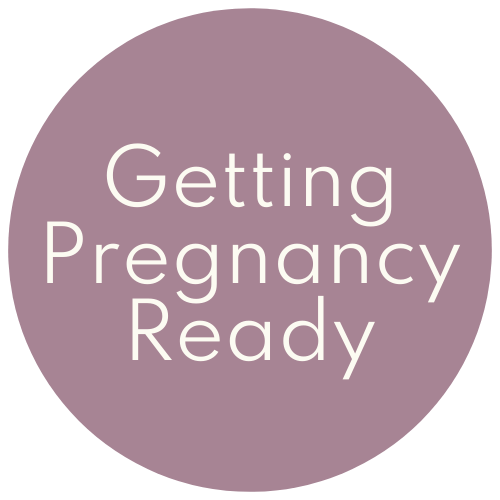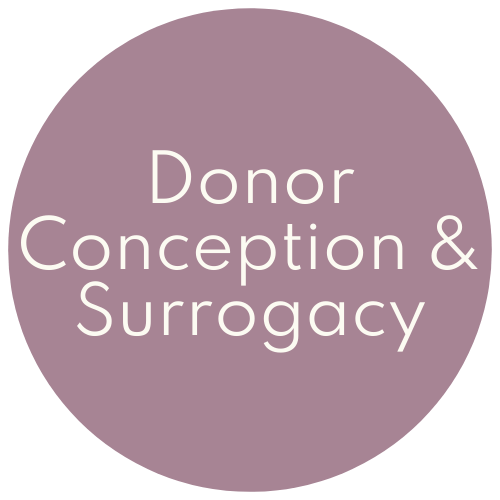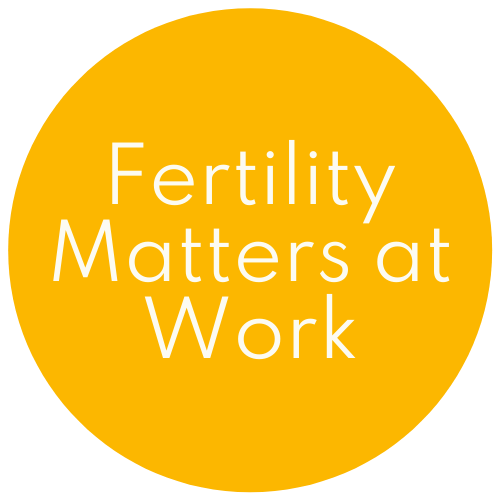In this episode of the Fertility Matters at Work episode, we want to focus on the psychological aspects of juggling fertility in the workplace. We all know it’s not easy to do and indeed not a great place to find ourselves, but what is the impact? To answer this question, we’re delighted to welcome perinatal psychologist Julianne Boutaleb @parenthoodinmind.
Julianne is the Clinical Director and Founder of the Parenthood In Mind practice. She has worked for over 15 years in the NHS and private practice with parents and parents-to-be and their babies (and bumps) who have needed support with a wide variety of issues including anxiety and depression during and after pregnancy, miscarriage, and reproductive loss, attachment issues, re-emergence of childhood issues and couples’ issues.
Parenthood in Mind consists of a specialist team of psychologists and psychotherapists with decades of professional experience between them in perinatal settings, CAMHs, primary and secondary care, and Early Years settings. They are experts in working with individuals, couples, and their babies in the transition to parenthood, and with parents of children up to 5 years of age. Julianne is undoubtedly well-placed to talk to us about the impact of juggling fertility in the workplace and consults many individuals who are struggling in silence at work.
Today Julianne shared the following on her Instagram account – Help-seeking in the perinatal period.
It’s so difficult to reach out. To say out loud I need help.
At no other point in our lives do we need help more, and yet fear asking for it.
The fear of being exposed, of being judged,
Of being misunderstood
Of admitting too much…
Does this resonate with your experiences in the workplace? It certainly did with us.
Julianne starts off by explaining the impact of infertility and pregnancy loss on our mental health and then talks about the psychological impact of infertility, referring to the work by Alice Domar who likened infertility psychological impact of a cancer diagnosis for example. Julianne also likens it to the death of the story you originally dreamed of and that it is a moment of trauma.
She explains that in the workplace this trauma can show up as panic attacks, feeling that you can’t get up in the morning, a sense of dread or difficulty over what would have been normal work tasks, individuals feeling as though they’re not in control or trying to ‘front it out’ and not divulging what you’re going through to your employer. She also refers to the interpersonal conflict you might feel and sadly individuals facing grievance due to a negative change in workability. Julianne urges line managers to be aware of sudden changes in workability and behavior and to try to find out why this might be happening.
Julianne shares some fantastic tips on what she advises people to actively do if they’re struggling such as the importance of Identifying a colleague to discuss this and therefore start creating a little village of support within the workplace. Julianne has seen fantastic examples of where employees set up WhatsApp groups and peer support to facilitate better support within the workplace. She also recommends short sharp wins, such as stepping away from the computer, lunch outside the building rather than leaving your employment altogether, and the isolation, this can bring.
Finally, Julianne shares examples of difficult situations in the workplace she has come across from both an employee and an employer going through fertility issues at the same time the employer is able to offer support but gets no support back, and the frustrations she felt with this. Julianne also refers to a friend of the podcast – Sophie Martin @the.infertile.midwife who, as her Instagram name suggests, works as a midwife and struggled with infertility and very sadly, the stillbirth of her two beautiful boys Cecil and Wilfred.
You can find out more about Julianne and Parenthood in mind here:
Have a listen to Julianne’s past episode talking about How to deal with the fears we have about becoming parents here.
SOCIALS:







